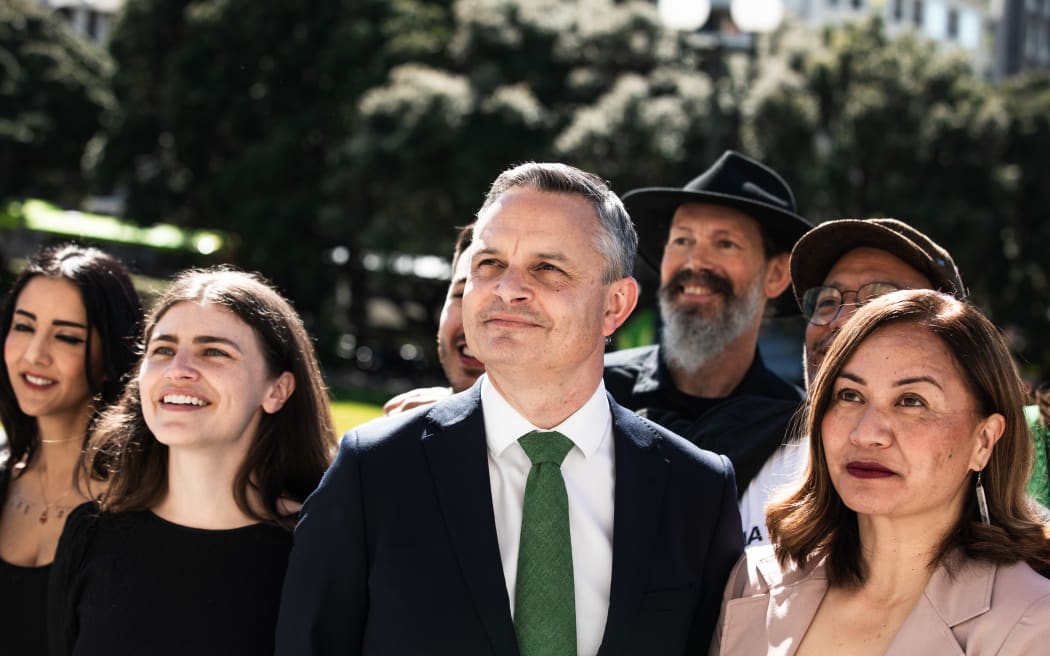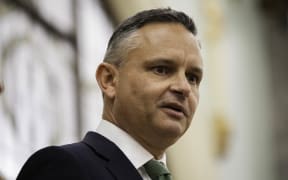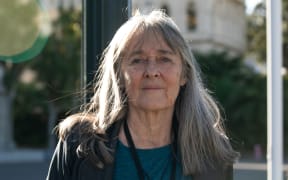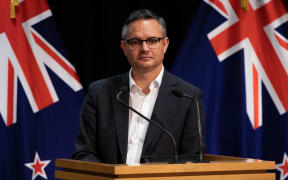Green Party co-leader James Shaw has announced his resignation as co-leader after nearly nine years in the role, having taken up that mantle not long after joining Parliament.
A former management consultant, he first ran for Parliament in 2011, but at 15th on the list missed out on making it in, the party winning just 14 seats.
Shaw was running for the Wellington Central seat and despite losing to Labour's Grant Robertson, his party vote campaign saw the Greens eclipsing Labour in the electorate.
He ran in the seat at every subsequent election until 2023 when he passed the baton to then-City Councillor Tamatha Paul, one of three electorates the Greens secured.
First elected on the Green Party list in 2014, Shaw became co-leader alongside Metiria Turei the following year on a platform of massively expanding the membership to more closely reflect wider New Zealand, and finding a middle ground on climate change across the political aisle.
His politics had been influenced in part by his mothers - school teachers who were active in the union, regularly involved in marches, and self-described "greenies".
In an interview last year, he also identified his outrage as a schoolboy over the bombing of the Rainbow Warrior, as starting him on a path of environmentalism.
He led the party into government in 2017 alone, following Turei's resignation amid pressure over her admission to benefit fraud in the lead-up to that election.

James Shaw with his caucus at Parliament after the 2023 election. Photo: RNZ / Samuel Rillstone
The Greens went into a confidence and supply arrangement with the Labour and New Zealand First coalition that term, Shaw taking on the new role of Climate Change Minister.
As minister, he championed the Zero Carbon Act, which required the government to set emissions budgets to meet internationally agreed targets, and established the Climate Change Commission to provide independent advice on how best to do that.
The Act was hailed by environmental groups around the world for its pragmatic approach in setting climate targets into law, and Shaw's consensus-building approach saw it pass through Parliament with almost unanimous support. The ACT Party was the only one in Parliament to oppose the bill, and leader David Seymour - at the time the party's sole MP - was not present for the vote.
Despite ACT's continued opposition to the Act, the current coalition government has vowed the legislation will remain.
Shaw was also the minister for statistics and attracted heavy criticism for the "botched" 2018 census, after a focus on online forms saw the response rate drop to about 83 percent. That was well short of the 94 percent target, and led to the resignation of the government statistician.
In the lead-up to the 2020 election, he also came under fire as Associate Finance Minister for approving nearly $12 million from the government's shovel-ready projects fund for the Green School in Taranaki - at odds with his party's stance not to fund private schools.
With polling for the party dipping dangerously close to the 5 percent mark leading up to the election, some feared the Greens could be booted out of Parliament without an electorate seat.
In the end, Chlöe Swarbrick won the Auckland Central electorate, and the party walked away with nearly 8 percent of the vote - a bittersweet victory, though, considering Labour had won more than 50 percent and could govern alone.
Labour deigned to allow the Greens to retain responsibility for a few portfolios - including Shaw on climate and biodiversity - despite Labour's parliamentary majority.
Despite being a minister for two terms under Labour, it was never as a member of Cabinet - and there were times Shaw clearly rankled at having to swallow some of the proverbial dead rats from the bigger party.
It was Shaw, for example, who had to defend the government in court over a decision to reject advice from the Climate Change Commission to allow the carbon price to rise - a decision made by Cabinet.
He also had to carefully navigate that dilemma after the 2022 release of the "Labour hued" first Emissions Reduction Plan, saying it would have looked different if the Greens held the balance of power.
It appeared his willingness to work across parties and make concessions won him the ire of some within his own party, when some delegates voted against him in the annual party leadership vote in 2022.
With just a quarter of delegates needed to vote him out under the party's rules, his removal was a surprise to both himself and co-leader Marama Davidson who said Shaw had "slogged his guts out" in the role.
Davidson was the party's sole co-leader for seven weeks until Shaw's re-election to the role, with all but four of 145 delegates voting to reinstate him after no other contenders came forward.
It was hardly the first time Shaw had come under attack. In 2019 he was assaulted while walking to work in a politically motivated attack. The attacker was sentenced to nine months in prison, but the attack left Shaw with a black eye, a bloody nose and cuts to his face.
Under his leadership the Greens have made real gains, in 2020 surviving into Parliament after working with a majority partner in government - a feat no other minor party had achieved - and repeating that in 2023 with their highest ever vote share.
But as with 2020 - and despite their successful forays into three electorates - the 2023 election was a bittersweet victory for the Greens, now returned to the opposition benches.
Shaw had always said he intended to lead the Greens into government and safely out the other side. He walks out having done that, his party stronger, despite the occasional bruising.





